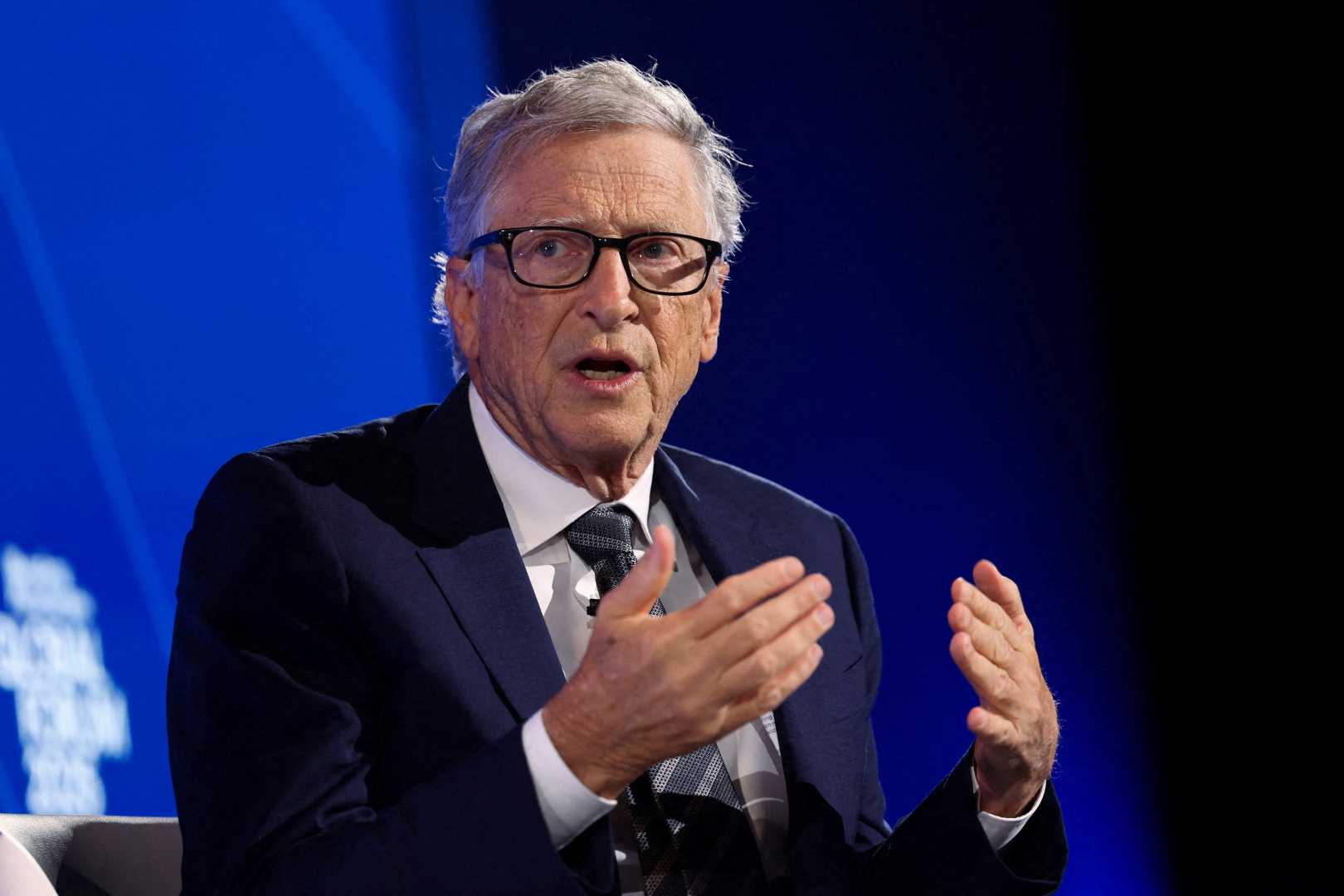Business
Bill Gates Criticized for Climate Essay Overlooking Wealth Disparities

BRASILIA, Brazil — Bill Gates is facing backlash for his recent essay that criticizes near-term emissions goals at the COP30 climate summit. Published last week, Gates argues that funds should shift focus from immediate emissions reductions to climate adaptation, poverty alleviation, and disease spending.
Gates claims that the funds available for climate initiatives are limited. However, he does not address the role of wealthy individuals in shaping public policy and government budgets. Critics argue that the significant wealth amassed by billionaires creates a barrier to effective action on climate change.
A report from Oxfam recently highlighted that the combined net worth of the ten richest U.S. billionaires is nearly ten times the amount needed globally for climate action. This raises questions about wealth distribution and the ability of the ultra-rich to influence policy in their favor.
Despite Gates’ emphasis on limiting spending, many point to the stark contrast between the wealth of the elite and the financial hardship faced by many. The ultra-rich often advocate for reduced state spending on social programs while contributing to economic policies that widen the gap between the rich and the poor.
Research shows that the ultra-rich have different political priorities than average citizens, often viewing budget deficits as a higher concern than climate issues. Such differences suggest the wealthy may possess greater influence over political outcomes, which drives policies that favor their interests.
Interestingly, Gates’ essay does not address former President Donald Trump or his policies, which many believe have hindered climate progress. Critics note that even as Gates divested from direct investments in oil and gas in 2019, his foundation may still indirectly benefit from fossil fuel markets.
This avoidance of discussing the influence of wealth on environmental policy has led some to question whether Gates truly understands the broader implications of his arguments. Some analysts suggest that his position reflects a disconnect between the interests of billionaires and the urgent needs of the planet.
Ignoring the complex interplay of wealth, power, and environmental degradation, Gates’ essay raises concerns about the feasibility of his proposed solutions. As the climate crisis escalates, many urge for a more comprehensive approach that includes economic reform and equitable wealth distribution.












